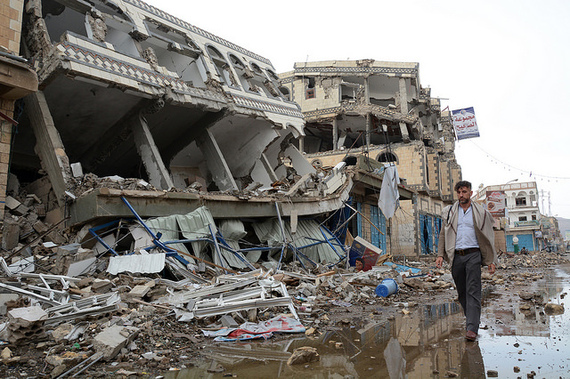Later this month, we will celebrate Thanksgiving, a day when Americans pause and express gratitude for our blessings and good fortune in life. This day exemplifies for me some of the best of America, demonstrated by our generosity and celebrations of our unity.
#GivingTuesday, created five years ago and falling on the Tuesday after Thanksgiving, takes our reflections a step further by celebrating our charitable giving. According to the Charities Aid Foundation’s World Giving Index, the American people are amongst the most charitable in the world - demonstrated by our donations to charities, helping strangers in need of assistance, and volunteerism.
This American spirit of generosity is seen on both a domestic and international scale, with outpourings of concern and donations being made within moments of an earthquake or a hurricane striking a community. The assistance offered takes many forms – by donations of cash, in-kind materials, skills, and time.
And all this is most welcomed.
Photo: OCHA / Philippe Kropf (Creative Commons)
Yet need often goes beyond the immediacy of a crisis. Homes destroyed by floods are not rebuilt in a press cycle. As our own domestic examples of Hurricanes Katrina and Sandy have shown, recovering and rebuilding from a disaster due to natural hazards can take years.
And in situations of conflict or protracted displacement, it is even harder to set a timeframe. When does it begin? When is it over? How best to support in a setting where needs continue to grow? Or when support given may be destroyed, stolen, or lost as people flee?
This uncertainty presents a challenge - as it can leave the contributor feeling that their donation is not serving the purpose envisioned, and also risks fatiguing donors with the constancy of need.
However for the affected populations trapped in protracted situations, the lifesaving assistance required does not vary according to these same parameters. And for those working with people, funding predictability and flexibility over a longer timeframe allows for more innovative approaches, adapted to context and need.
So while a major disaster may be the catalyst that brings you to a specific organization's website, think not only of today but also of tomorrow. Many organizations have a strong capacity to intervene in numerous crises at once and to remain for the length of the response and recovery. But to do this they need your help.
On this #GivingTuesday, remember it is commendable to give early, and even more remarkable to give often.
Learn more about how InterAction invests in action, as well as our work and our sector’s contributions to a secure, healthy, and prosperous world.
